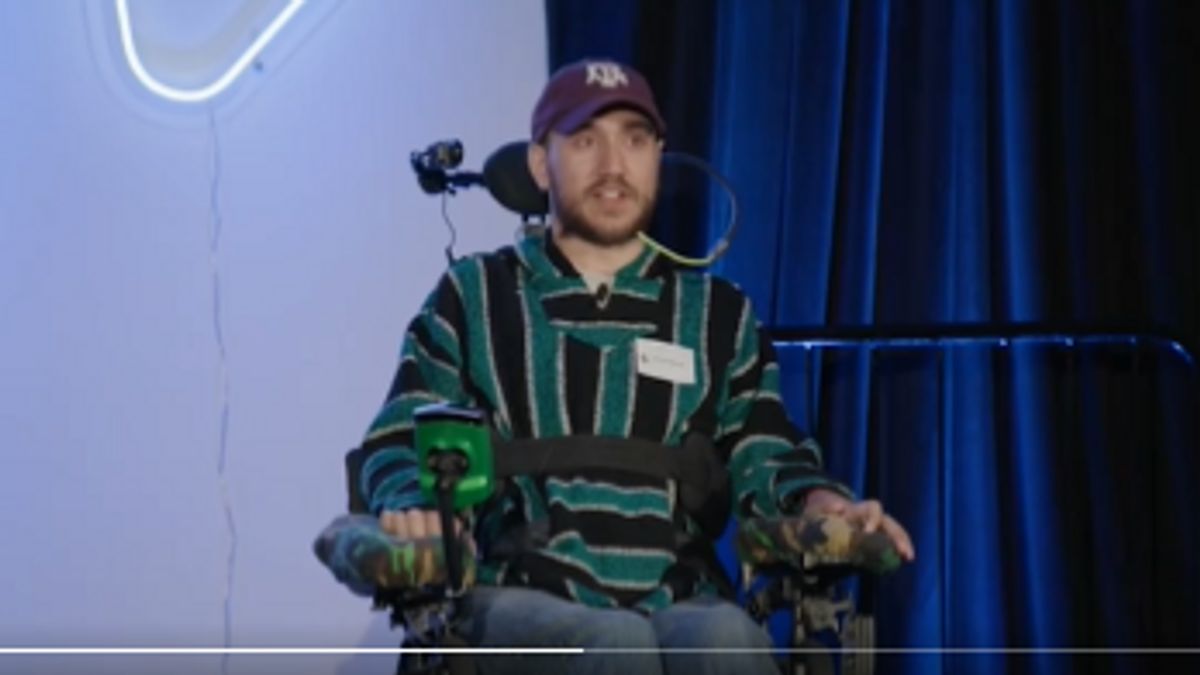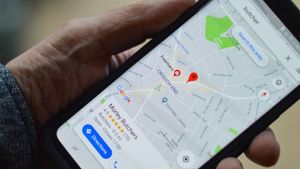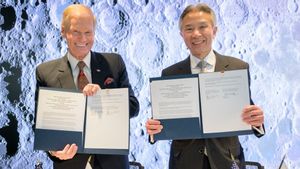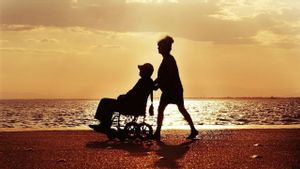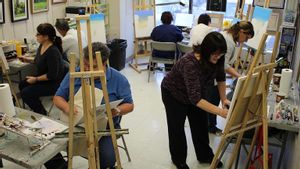Neuralink's first brain implant operation, a project led by Elon Musk to connect the human brain with a computer, came under the spotlight after reports claiming that the first patient was life-threatening during surgery.
Nolan Arbaugh, the first patient to receive a Neuralink implant, was reported to have suffered a serious problem called pneumocephalus, where air was trapped in his skull during surgery. This condition can cause seizures, brain abscess, and even death if not treated properly.
Initially, the staff who handled Arbaugh discussed the possibility of overall removal of brain implants, as this problem appeared to affect the newly installed brain chip function. However, nevertheless, Arbaugh's condition was not significantly affected. However, there are indications that brain chips may be damaged, in which some threads link them to the brain are pulled back, leading to an effective decrease in the number of "nodes".
Despite this incident, Arbaugh has gone through 100 days since receiving Neuralink implants, and he has reported impressive progress in using the chip. Previously, Arbaugh could only communicate using a mouth-held tablet stylus, but now he can control the laptop and play video games using the brain chip.
Although reports of Arbaugh's condition during the operation raised concerns, Neuralink insisted that the matter had been fixed and they had coordinated with the Food and Drug Administration (FDA) to ensure that subsequent patients in the trial could join without similar problems.
But this report also reveals disturbing facts related to the development of Neuralink. Documents released from the University of Davis, California, show that Neuralink has conducted a very detrimental animal trial, in which at least 1,500 animals, including sheep and pigs, died during their search for this revolutionary brain chip. The experimental methods used by Neuralink, including the use of "Bioglue" to cover holes in the skulls of test animals, drew criticism from several animal rights groups.
Even so, there are parties who remain optimistic about the potential of this brain chip to help those who are paralyzed. Arbaugh himself said that the Neuralink chip had helped him reconnect with the world, friends, and his family, and gave him the ability to do things independently without depending on other people's help all the time.
"The biggest thing with comfort is that I can lie in my bed and use (Link)," Arbaugh said in a message he typed on his computer with his mind.
SEE ALSO:
Another helpful technology must be helped or I have to sit down. Sitting causes mental stress and on my body that will give me pressure wounds or seizures," he wrote.
The story of Neuralink's first patient, despite being full of challenges and controversy, provides an overview of the revolutionary possibilities offered by this technology. While there is still much to be improved and reviewed, the potential to improve the quality of life for those experiencing serious neurological disorders is very promising.
"In the future, we intend to expand Link's functionality to the physical world to enable control over robotic arms, wheelchairs, and other technologies that might help increase independence for people living with quadriplegia," Neuralink said.
However, it is necessary to have extra caution and careful evaluation of the development and testing of this kind of technology, to ensure its safety and benefits for the wider community.
The English, Chinese, Japanese, Arabic, and French versions are automatically generated by the AI. So there may still be inaccuracies in translating, please always see Indonesian as our main language. (system supported by DigitalSiber.id)
